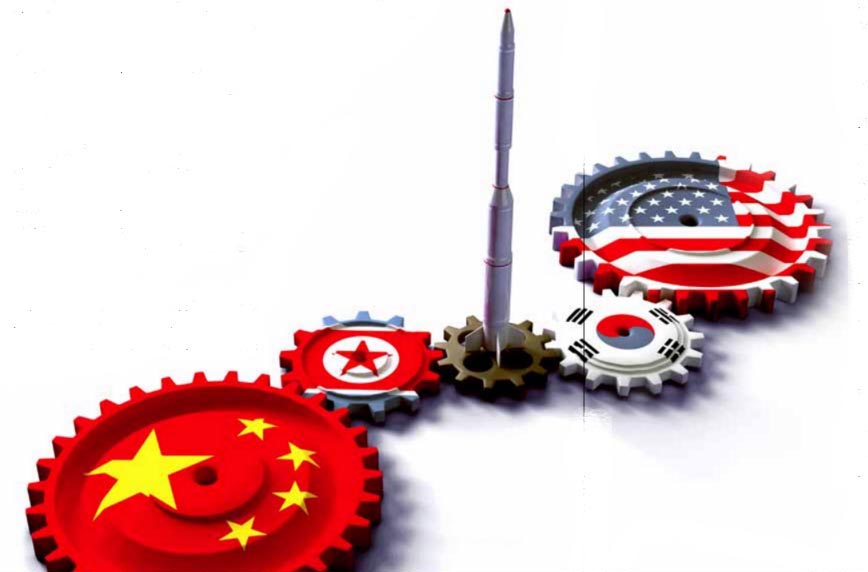
The U.S. presidential election is only 15 days away. The world’s attention is focused on whether President Donald Trump will be reelected or Democratic candidate Joe Biden will win on Nov. 3. This focus is especially real given that the U.S. and China are currently engaged in fierce competition for hegemony, as well as a contest for who will lead the world’s most powerful nation.
Major polls in the U.S. show Biden leading Trump by a wide margin of about 10 percentage points. For this reason, there is also optimism in Korea that a Democratic administration if Biden wins will “benefit Korea.” The optimism is based on the expectation that Biden will be more predictable than Trump, and will be aligned with the Moon Jae-in administration by pledging tax increases, fiscal expansion and ecofriendly policies.
However, the idea of having to stand on the side and predict the results of the presidential election seems more like gambling. During the presidential election four years ago, the mainstream U.S. media predicted Hillary Clinton would be elected up to Election Day, but Trump won a surprise victory after “hidden” supporters turned out for him (the supporters who did not openly admit they would be voting for Trump).
Even now, it is too early to jump to any conclusions given the narrow gap in approval ratings in the states that will decide the outcome of the presidential election. If one considers the U.S. media’s view of Trump as an unpredictable geek, then thinking about the upcoming election as a contest between good and evil only hinders the American public from accurately assessing the facts.
Even if Biden wins as expected, it is hard to conclude that his policy will favor Korea. Experts say that regardless of who wins, the U.S. will maintain an offensive posture toward China, a country which is challenging U.S. hegemony. Unlike Trump, who has put “America First,” Biden has pointed to a different strategy that includes boosting diplomacy and strengthening alliances. The demand for participation in the U.S.-led economic and security network may intensify. How would you respond to the issue of whose side Korea is on?
Looking at the past, it is worth recalling that Korean Peninsula policy was not very friendly when the Democratic Party was in power in the United States. The Jimmy Carter administration, which created friction over the withdrawal of U.S. troops from South Korea, and the Bill Clinton and Barack Obama administrations, which considered bombing North Korea, were Democrat. The same was true even when the country suffered a foreign exchange crisis due to a blockage of foreign money. The South Korea-U.S. relationship is already strained. This is why we should look at the U.S. presidential election calmly and carefully.

Leave a Reply
You must be logged in to post a comment.